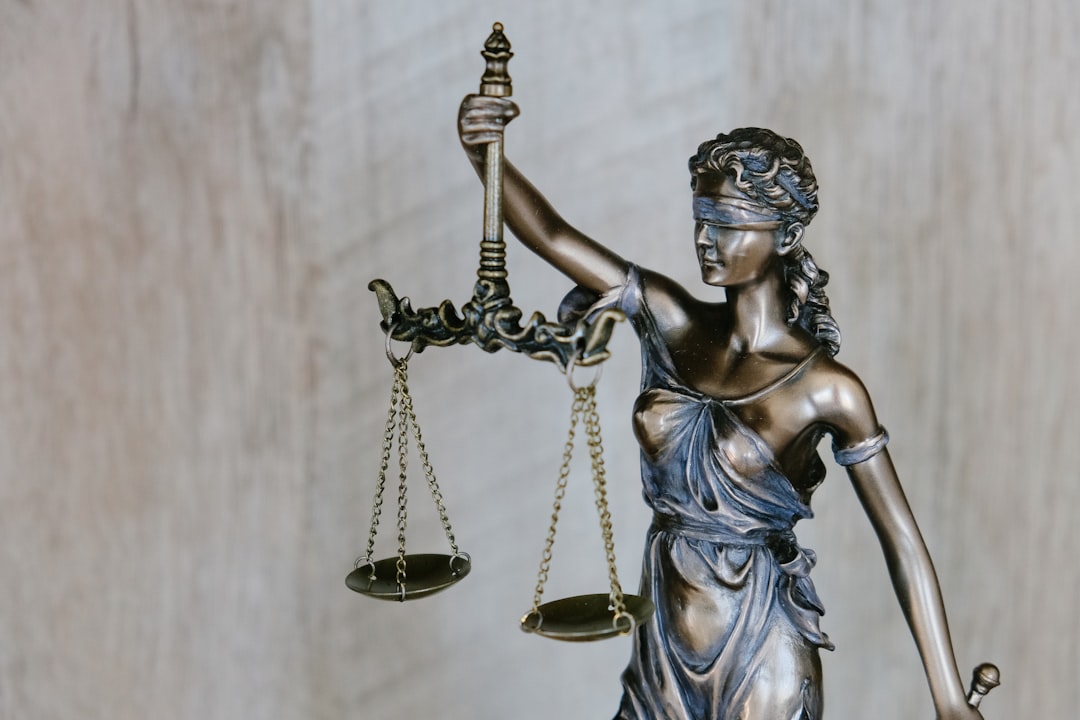In Delaware, unauthorized debt collection robocalls are illegal under state and federal laws, including the Telephone Consumer Protection Act (TCPA). If you've received such calls, a specialized lawyer can help protect your rights. The Delaware Robocall Law prohibits prerecorded or artificial voices in automated calls, safeguarding consumers from unwanted debris. If a debt collector reaches you by mistake, document evidence and consult a debt collector calling wrong number attorney to explore legal action under TCPA restrictions. A robocall law firm in Delaware can guide you through building a strong case for damages or stopping persistent violators.
In Delaware, robocalls that violate consumer privacy can leave individuals feeling frustrated and disturbed. Fortunately, state laws protect residents from these unwanted calls, offering clear guidelines on permissible telemarketing practices. If you’ve been the target of a debt collector’s repeated robocalls to the wrong number, don’t overlook your rights. Understanding your legal options is essential. This guide explores various aspects of pursuing legal action against debt collectors in Delaware, including gathering evidence, choosing the right lawyer, and navigating the legal process, empowering you to protect your privacy and seek justice.
- Understanding Robocall Violations in Delaware
- Who is Protected by the Law?
- What Are the Legal Recourses Available?
- Gathering Evidence for Your Case
- Choosing the Right Lawyer for Robocall Cases in Delaware
- The Legal Process: Taking Action Against Debt Collectors
- Success Stories and Tips for Navigating Robocall Lawsuits
Understanding Robocall Violations in Delaware
In Delaware, robocall violations refer to automated phone calls made by debt collectors or other entities without prior consent from the recipient. These unauthorized calls, often known as “robocalls,” can be particularly intrusive and disruptive, especially when they involve debt collection activities. Such violations are governed by state and federal laws, including the Telephone Consumer Protection Act (TCPA), designed to protect consumers from unwanted and deceptive phone marketing practices.
If you’ve received a robocall from a debt collector calling the wrong number or without proper authorization, it’s important to know that you have rights. A lawyer specializing in robocall cases, such as those focusing on debt collector calling wrong number issues in Delaware, can help navigate the legal complexities involved. Robocall lawyers and attorneys in Delaware are equipped to represent clients who have suffered from these violations, seeking damages and ensuring compliance with relevant laws. They work to protect consumer rights and provide guidance on how to proceed against the offending entities, be it a debt collection agency or a telemarketing firm.
Who is Protected by the Law?
The Delaware Robocall Law protects a wide range of individuals from unwanted and deceptive automated calls, particularly those related to debt collection. This law encompasses anyone in the state who receives prerecorded or artificial voices over the phone, often used by debt collectors or other telemarketing entities. It’s not just about protecting consumers; it also provides a legal framework for holding these organizations accountable when they call the wrong number or target individuals without proper consent.
If you’ve been plagued by persistent robocalls, especially from debt collectors calling the wrong number, you may have rights under Delaware law. Whether you’re facing repeated calls seeking payment for a debt that doesn’t belong to you or unsolicited offers, a lawyer specializing in robocall cases can help. A debt collector calling wrong number lawyer or robocall attorney in Delaware can guide you through the legal process and ensure your rights are protected.
What Are the Legal Recourses Available?
If you’ve received a debt collector calling on your wrong number in Delaware, you have legal recourse. A debt collector calling wrong number lawyer or attorney in Delaware can help you understand and assert your rights under state and federal laws designed to protect consumers from harassing phone calls, including robocalls.
In Delaware, the Telephone Consumer Protection Act (TCPA) prohibits automated or prerecorded calls to cellular phones without prior express consent. If a debt collector violates this law by calling you using an auto-dialer on a wrong number, you can file a complaint with the Federal Communications Commission (FCC) and pursue legal action against the collector through a robocall law firm or lawyers specializing in robocalls in Delaware. These legal professionals can help you seek damages for each violation, which may include statutory penalties, actual damages, and injunctive relief to stop further unwanted calls.
Gathering Evidence for Your Case
When pursuing legal action against a debt collector for robocall violations in Delaware, gathering strong evidence is paramount to building a successful case. The first step is to document each and every instance of the unwanted calls, including the date, time, and content of the messages. Save any recordings or voicemails as these can serve as irrefutable proof of the violations. Additionally, gather any information about the caller’s identity, such as the company name, phone number, and agent details.
It is advisable to consult a lawyer specializing in robocall cases in Delaware, like those at reputable law firms. They can guide you on preserving evidence, which may include reviewing call logs, contacting telecommunications carriers for records, and documenting any interactions or communications with the debt collector. With proper legal counsel, you can ensure that your case is strong and that all necessary evidence is presented effectively to achieve a favorable outcome.






